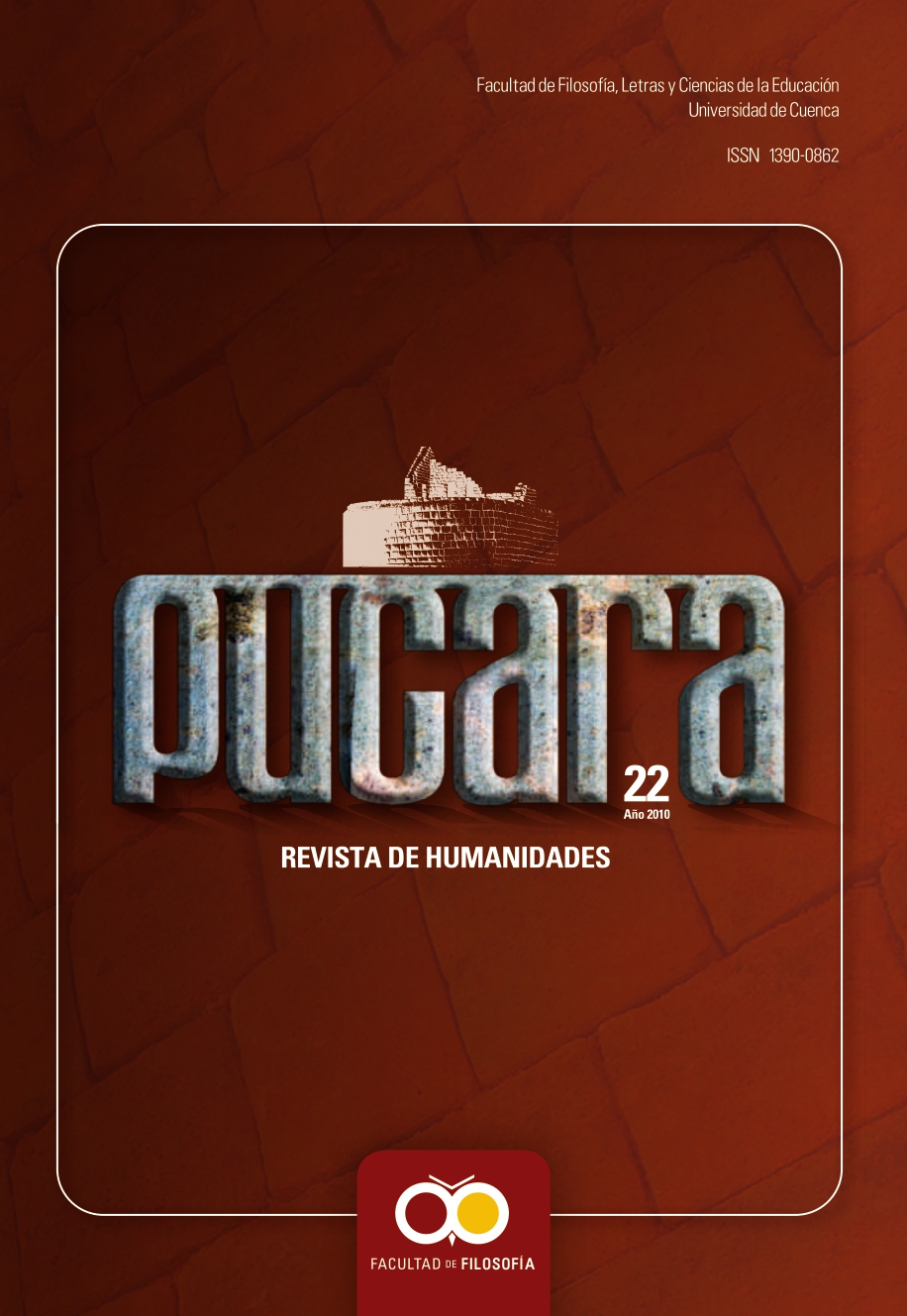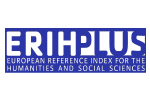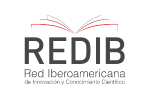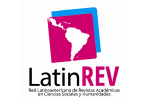Castes and the populace: versions and perversions of the Indian in the colonial and Spanish American narrative of the eighteen century
DOI:
https://doi.org/10.18537/puc.22.08Keywords:
Estudios coloniales, Catolicismo ilustrado hispanoameri-cano, Pensamiento crítico y literario latinoamericano, Historias NaturalesAbstract
In the delegation of the colonial power on the part of the Spaniards to the American or Creole Spaniards, the episteme and the axes of the crisis were transferred from the colonial system to the “colonialidad”. In this context, those with authority (Spaniards, Americans and subordinate Spaniards of the different agencies) in America assumed the conflict, and they even contributed to the diagnosis, but they confirmed the outcasting of the populace. The Creole power in the colonialidad reproduces the agreements and disagreements regarding the “alteridad”. In this sense, it would be to establish the position of the Spanish authorities’ power comparatively, of American or Creole Spanish, and even of the mestizo in front of the Indian and of the plebeian fellow.
Downloads
References
Alvar, Manuel. Léxico del mestizaje en Hispanoamérica. Madrid, Instituto de cultura hispánica, 1987.
Amunátegui, Miguel Luis. Los precursores de la Independencia de Chile. Santiago de Chile, Imprenta de la República, 1871.
Fanon, Franz. Los condenados de la tierra. México D.F., Fondo de Cultura Económica, 2007.
Faverón Patriau, Gustavo. Rebeldes. Sublevaciones indígenas y naciones emergentes en Hispanoamérica en el siglo XVIII. Madrid, Tecnos, 2006.
Flores Galindo, Alberto. Los rostros de la plebe. Barcelona, Crítica, 2001.
Gómez de Vidaurre, Felipe. Historia geográfica, natural y civil del Reino de Chile [1789]. Santiago de Chile, Imprenta Ercilla, 1889.
Martínez Peláez, Severo. La patria del criollo. San José (Costa Rica), Edito-rial Universitaria Centroamericana, 1973.
Molina, Juan Ignacio. Compendio de la Historia Natural y Civil del reino de Chile [1776] Santiago de Chile, Pehuén, 2000.
Mörner, Magnus. La mezcla de razas en la historia de América Latina. Buenos Aires, Paidós, 1969.
O’Phelan Godoy, Scarlett. “El mito de la “independencia concedida”: Los programas políticos del siglo XVIII y del temprano XIX en el Perú y Alto Perú (1730.1814”.
Alberto Flores Galindo [Compilador]: Independencia y revolución1780.1840. [Tomo 2] Lima, Instituto Nacional de Cultura, 1987.
Quijano, Aníbal: “La colonialidad del poder, eurocentrismo y América Latina”. Edgardo Lander: La colonialidad del saber: eurocentrismo y ciencias socia-les. Buenos Aires, CLACSO, 2000.
Reissner, Raúl: “El indio de los diccionarios”, en Comunicación y cultura. Nº 14, México D.F., 1985: 5-33.
Published
How to Cite
Issue
Section
License
Copyright (c) 2019 Luis Hachim Lara

This work is licensed under a Creative Commons Attribution-NonCommercial-ShareAlike 4.0 International License.
Copyright © Autors.

You are free to:
 |
Share — copy and redistribute the material in any medium or format |
 |
Adapt — remix, transform, and build upon the material for any purpose, even commercially. |
Under the following conditions:
 |
Attribution — You must give appropriate credit, provide a link to the licence, and indicate if changes were made. You may do so in any reasonable manner, but not in any way that suggests the licenser endorses you or your use. |
| NonCommercial — You may not use the material for commercial purposes. | |
| ShareAlike — If you remix, transform, or build upon the material, you must distribute your contributions under the same license as the original. |
| No additional restrictions — You may not apply legal terms or technological measures that legally restrict others from doing anything the licence permits. |












